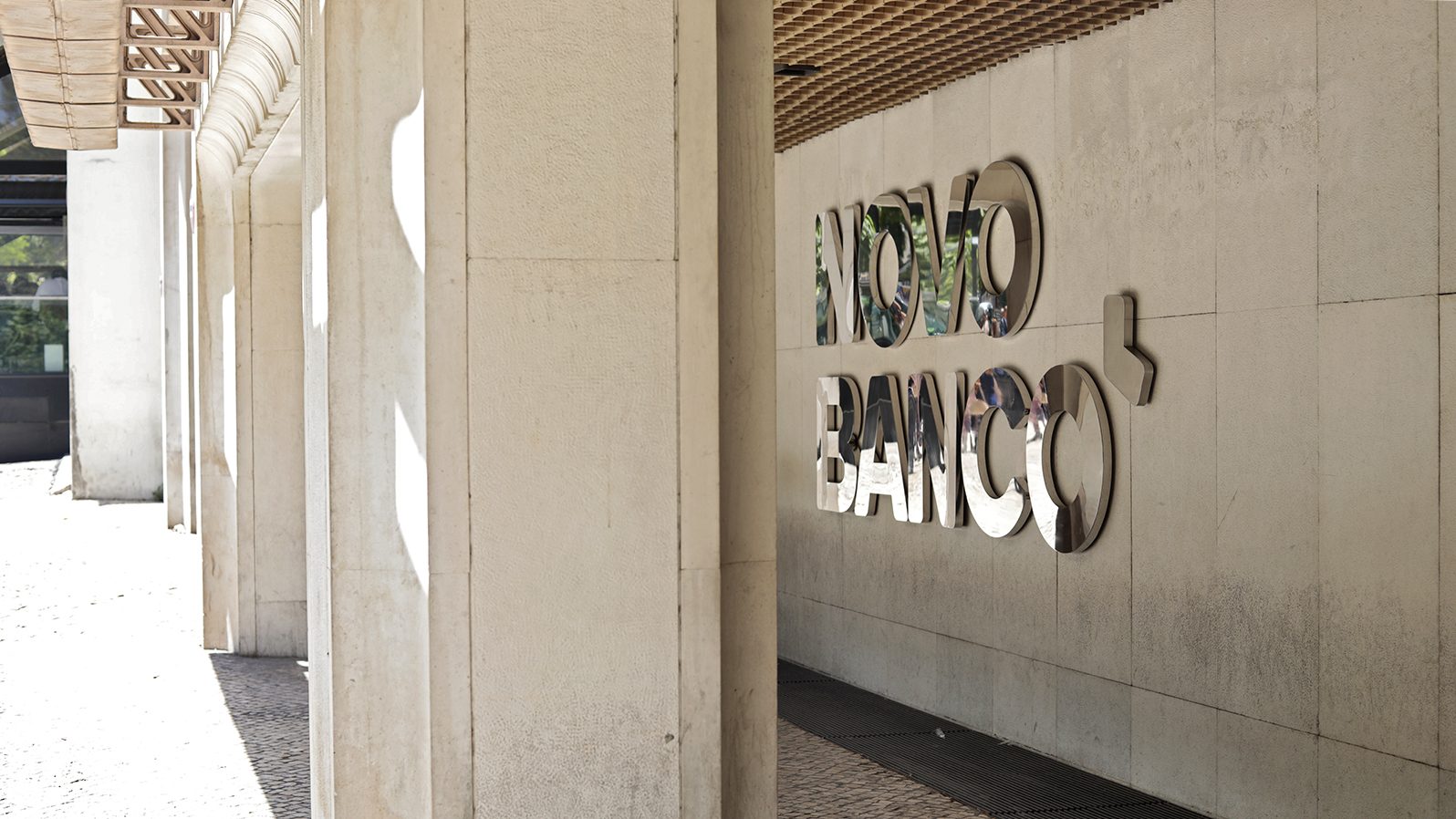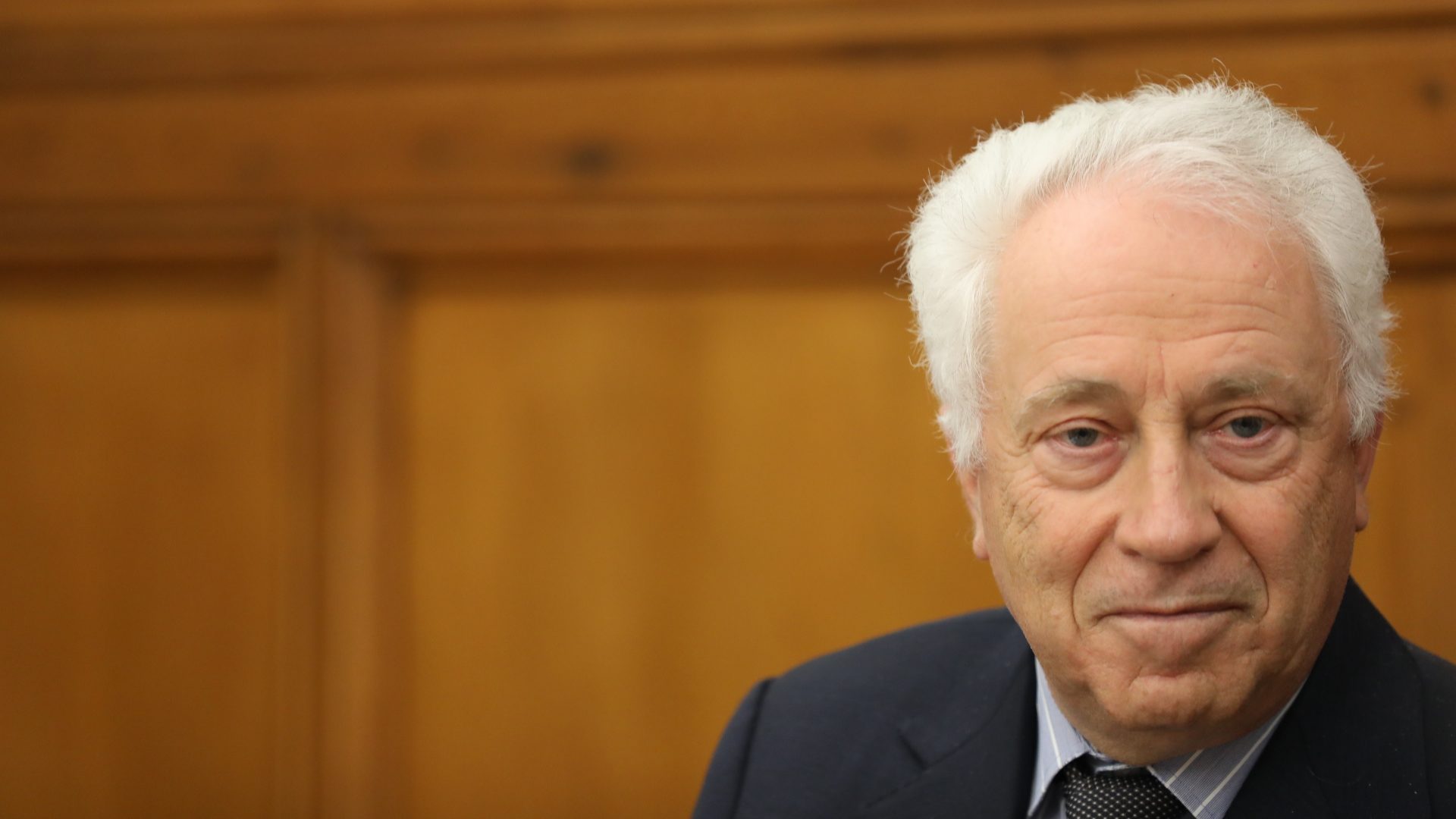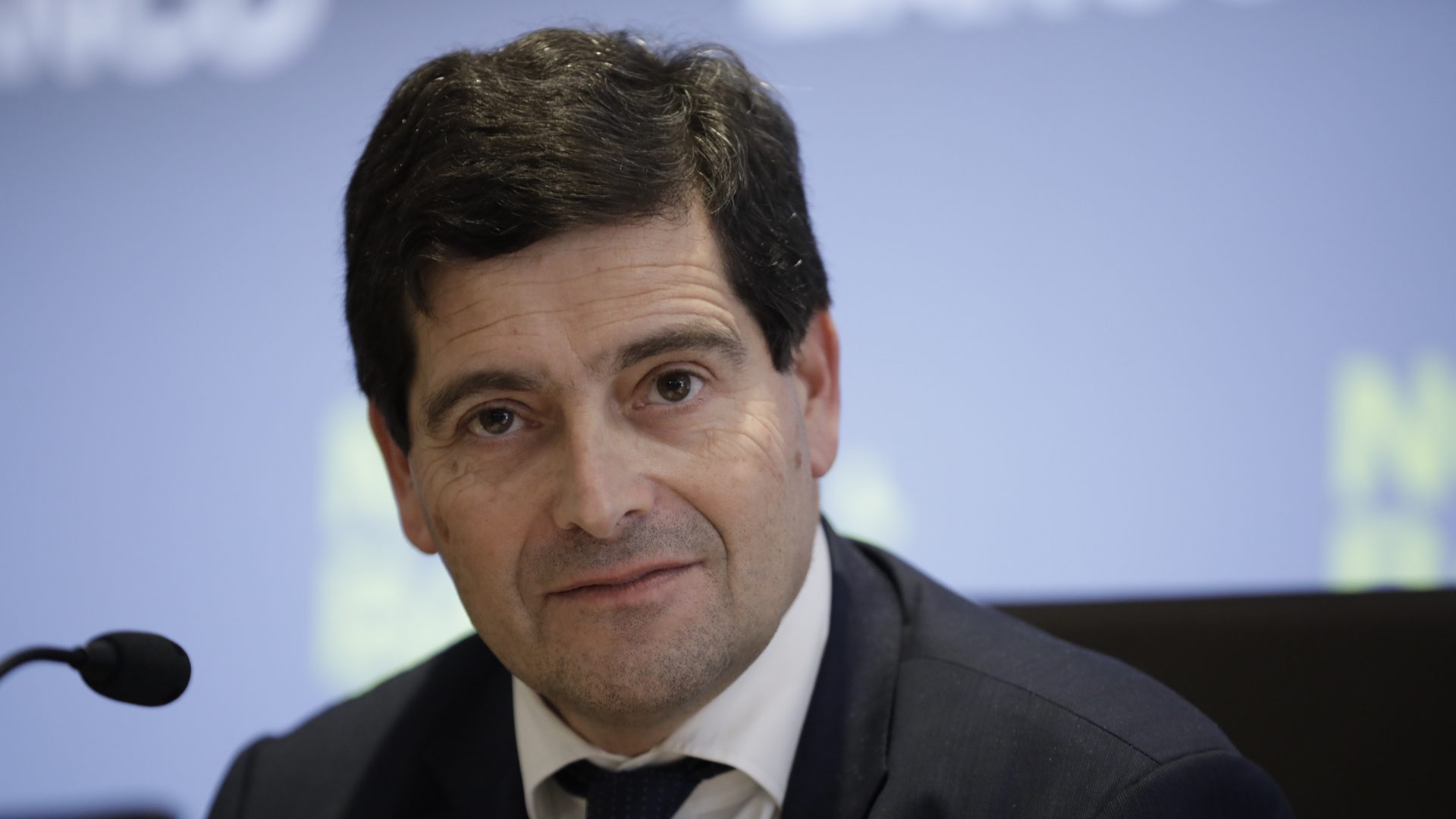Aid to Novo Banco ends this year? “I would not be so brave as to make that forecast”, Centeno states
The Finance minister acknowledges that 2018 should not be the last year in which Novo Banco will weigh in on public accounts.
The possibility is already foreseen in the document in which the European Commission justifies the authorization it gave Portugal to sell Novo Banco to Lone Star: if both the existing mechanisms to assure the bank’s capital ratios fail, the State may have to inject more public capitals into Novo Banco. Now, confronted with that issue, Mário Centeno does not refuse that possibility and acknowledges that 2018 may not be the last year in which the bank that emerged from BES will weigh in on public accounts.
In an interview to the Portuguese radio station TSF, the Portuguese Finance minister Mário Centeno speaks of that possibility, by stating that the State loans to the Resolution Fund, which holds 25% of Novo Banco, do not have “per se an impact on the deficit”.
“The impact of that possible recapitalization would reach, although an exact amount is not yet decided, is 792 million euros. That is the impact the Resolution Fund intervention in Novo Banco will have on the deficit. The 450 million euros are a State loan to a public administration entity, which is the Resolution Fund. So, it does not have per se an impact on the deficit”, Centeno assures.
"I would not be so brave as to forecast that help to Novo Banco will end in 2018.”
Under discussion is a 791.7 million euros’ injection that the Resolution Fund will have to make in Novo Banco’s capital, to make up for impairments that surpass two billion euros registered in the end of last year and raise the bank’s capital ratio to 12.8%. That injection was made by the Capital Contingent Mechanism, created when Novo Banco was sold to Lone Star as a protection of a set of the bank’s assets, which is managed by the Resolution Fund and can be activated again if Novo Banco continues to register losses.
From those 791.7 million, 450 million come from a State loan, while the remaining 340 million come from contributions banks paid the Resolution Fund. These 450 million, the Finance minister assures, are a “loans to a public administration entity, it does not have an impact on the deficit”. The 792 million injection “is the real impact”, and, if it happens, “it is a temporary measure, it is not included in the structural adjustment. If we take away this measure, the deficit on itself would in fact stand be lower“.
Regardless of the impact it will have this year, Mário Cento refuses to promise that 2018 will be the last year in which the State will be called to help Novo Banco. “The truth is that we are closer to a full stabilization” of the financial system, Centeno states. But he highlights: “I would not be so brave as to forecast that help will end in 2018, but I believe that, due to the nature of Novo Banco’s contingent mechanism, and due to the improvement in results we all hope banks will present, we will be giving steps in that direction”.




